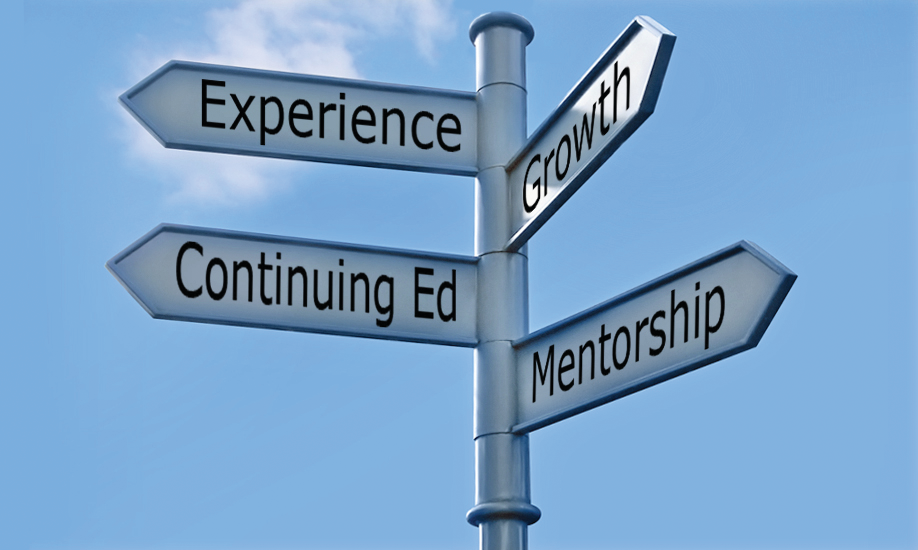Technical skills and a meticulous eye for detail have always been the bedrock of the accounting profession. Yet, amid the focus on balance sheets and financial analytics, there’s a vital element that’s often overlooked—Emotional Intelligence (EI).
As we venture through the evolving landscape of modern business, the ability to adeptly navigate our own emotions and those of others has become indispensable for accountants looking to elevate their service beyond the numbers.
The Importance of Emotional Intelligence in Accounting
Emotional Intelligence, with its pillars of self-awareness, self-regulation, motivation, empathy, and advanced social skills, is increasingly recognized for its pivotal role in the professional sphere.
It’s a cornerstone for effective teamwork and inspiring leadership within firms. In a sector where trust and personal connections are paramount, incorporating EI into your daily practice not only boosts client satisfaction but also strengthens the collaborative spirit and leadership dynamics essential for a thriving practice.
The push towards integrating EI into accounting marks a transition towards a service model that values the human element as much as fiscal accuracy. By fully embracing emotional intelligence, you become trusted advisors who understand the broader narrative of your clients’ financial stories, navigate team dynamics with ease, and lead with both assurance and empathy.
The Case for Emotional Intelligence
The importance of Emotional Intelligence (EI) in the workplace, particularly in professions traditionally dominated by technical expertise like accounting, cannot be overstated. Research consistently underscores the positive impact of EI on professional success.
It enhances leadership abilities, improves client relationships, and facilitates conflict resolution. These skills enable professionals to understand and meet client needs more effectively, leading to higher satisfaction and loyalty.
Developing Emotional Intelligence: A Guide for Accountants
Self-Awareness Strategies
- Begin with introspection. Regularly take stock of your emotions and how they influence your interactions and decisions. Try maintaining a journal to track your emotional triggers and responses.
- Seek constructive feedback from peers and clients to gain a clearer understanding of your strengths and areas for growth. This practice lays the groundwork for personal and professional development.
Self-Regulation Techniques
- Master the art of staying composed. Techniques like deep breathing, strategic pauses during high-stress moments, and positive reframing can help keep your emotions in check.
- Cultivate optimism and resilience by focusing on solutions, setting realistic expectations, and embracing challenges as opportunities for learning.
Motivation and Goal Setting
- Align your personal drive with your professional aspirations. Setting clear, value-driven goals fuels your motivation and keeps you focused on what truly matters.
- Celebrate your progress. Recognizing both the big and small wins along your journey sustains your enthusiasm and commitment, especially when faced with obstacles.
Empathy in Professional Relationships
- Practice active listening. Give your undivided attention to clients and colleagues, showing genuine interest and understanding of their perspectives.
- Step into their shoes. Empathy builds bridges, allowing for deeper connections and more effective collaboration.
Social Skills for Effective Collaboration
- Sharpen your communication skills. Clear, respectful dialogue enhances teamwork and paves the way for impactful leadership.
- Navigate workplace dynamics with tact and grace. Building a supportive network fosters a collaborative environment where everyone thrives.
Integrating Emotional Intelligence into Education and Training
As the accounting profession evolves, so too does the recognition of soft skills as pivotal components of a well-rounded education. Historically, the focus has been on honing technical skills – the nuts and bolts of accounting. However, the current landscape demands a shift, acknowledging that emotional intelligence (EI) is equally crucial for success.
To bridge this gap, it’s imperative that continuing professional education (CPE) programs and firm development initiatives begin to weave EI training into their curricula. By integrating modules on self-awareness, empathy, and effective communication, we can prepare accountants not just to navigate the numbers, but to lead with compassion and understanding.
Challenges and Opportunities
The journey towards embedding EI within the accounting profession is not without its hurdles. Resistance may come from traditional corners, where the emphasis has long been on technical mastery.
Quantifying the return on investment (ROI) for EI initiatives poses its own set of challenges, given the qualitative nature of the benefits involved. Yet, the opportunities far outweigh these obstacles.
Takeaway
By embracing Emotional Intelligence, professionals not only elevate their own practices but also contribute to a more empathetic, responsive, and ultimately successful industry. The long-term benefits—for individual accountants, their firms, and the profession as a whole—are profound.
Let’s commit to fostering an environment where emotional intelligence is recognized as a cornerstone of professional excellence, enriching our work and relationships.
====
Amy Vetter, CPA, CITP, CGMA, is an accomplished c-suite executive and board member with deep experience in cloud technology and transformation, creating go-to- market (GTM) strategies to scale businesses nationally and internationally. Amy has held multiple roles in Fortune 500, startup, small company rapid growth, and is a serial entrepreneur.
Thanks for reading CPA Practice Advisor!
Subscribe Already registered? Log In
Need more information? Read the FAQs





